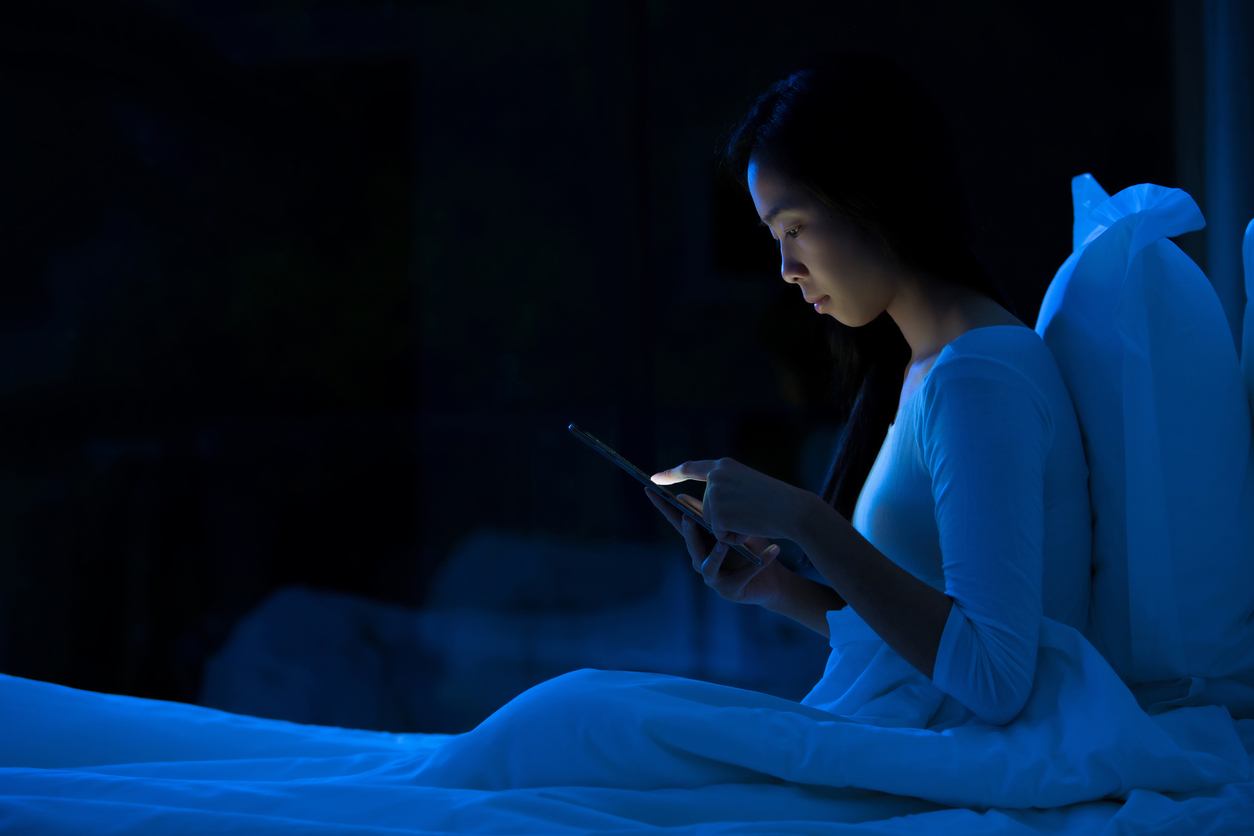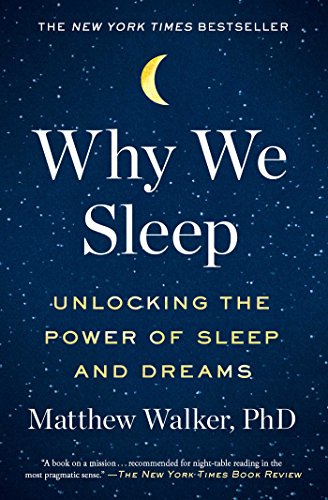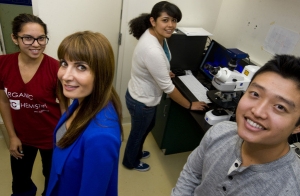I always considered myself a good sleeper. I would joke that as soon as I see my pillow I fall asleep.
But about 10 years ago, while going through a divorce, I developed insomnia. I would go to bed at 11 pm, wake up at 2 am and could not fall back asleep. While going through divorce (which by the way is considered one of the most stressful events in life, especially when you have children, in my case a 10-year-old son), I was also going through my tenure process at the University of California at Irvine (going through tenure process is also considered a very stressful event in the life of professors).
I used my newly found “extra 5 hours: 2 am to 7 am” to write papers and grants and focus on work. After a few months of doing this, I realized that my insomnia was taking a toll on my health. I am very much against taking pharmaceuticals but I tried taking Benadryl and Ambien and I ended up having major side effects with both of these drugs; especially excessive drowsiness and memory impairment during the day. I learned later that sedatives do not help with sleep. As the name implies, they just sedate you for a few hours. Once I recognized that insomnia was the symptom of my anxiety and situational depression caused by the divorce, I started managing my stress and anxiety by exercising and cognitive behavioral therapy (CBT) and I finally started to sleep better. Research has shown that these two modalities are two of the most effective ways to combat insomnia.

Research has also found that mobile phone addiction, as well as excessive smartphone use, is also associated with increased sleep disturbance, depression, anxiety and overall stress.
Many of us stare at our phone until the last moment we fall asleep. Did you know that almost 50% of college students wake up at night to answer text messages? Your poor quality of sleep can result in more depression, anxiety, and stress.
If you sleep 6 hours or less every night, you are sleep deprived. The National Sleep Foundation recommends that adults must sleep an average of eight hours per night. College students definitely need at least eight hours of deep and uninterrupted sleep. Waking up in the middle of the night to answer text messages and check to see how many “likes” you had on your social media posts are sure ways to disrupt your sleep. You cannot have a deep and high-quality sleep if you are half awake; only Dolphins can do that. Did you know dolphins can sleep with half a brain? When dolphins sleep, one hemisphere of their brain remains awake and alert at all times while the other hemisphere is in deep sleep. Well, you are not a dolphin so you should not sleep half awake.
One of my favorite books about the importance of sleep is “Why We Sleep” by Mathew Walker. There is also great content on the importance of sleep in “Thrive” by Ariana Huffington. I highly recommend reading these books!
Here are some tips with some added personal comments from me to improve the quality of your sleep from “Why We Sleep”:
“Go to bed and wake up at the same time every day, even after a bad night’s sleep or on the weekend.”
I understand that this could be challenging for a college student, but I have plenty of students who have made a habit of this. So give it a try.
“Keep your bedroom temperature cool; about 65 degrees Fahrenheit is optimal for cooling your body towards sleep. Wear socks if your feet are cold.”
I am one of those people who need to be warm to fall asleep. But I tried this tip and it really works (without wearing warm socks)
“An hour before bedtime, dim the lights and turn off all screens. Blackout curtains are helpful.”
This is a very important tip. If like me, you don’t have blackout curtains in your room, try to go to bed early and take advantage of getting up early to exercise and start your day.
“If you can’t sleep, get out of bed and do something quiet and relaxing until the urge to sleep returns. Then go back to bed.”
As Mathew Walker explains this tip in his book, the key is not to train your brain to associate your bed with lack of sleep. If you cannot sleep, do not start using your phone or any other screens in your bed, just go to another room and read in quiet until you get sleepy and then go back to your bed. If you live in a dorm and cannot go to another room, meditate while you are in bed for a few minutes. You will be surprised on the effectiveness of meditating for falling back asleep.
“Avoid caffeine after 1 p.m. and never go to bed tipsy. Alcohol is a sedative and sedation is not sleep. It also blocks your REM dream sleep, an important part of the sleep cycle.”
Caffeine may help you when you are tired or sleepy in the afternoon, but it will eventually make you crash. That is what stimulants do. Alcohol and other sedatives (Benadryl, Ambien, Xanax, etc) only sedate you and if you use them long term, they become addictive. Stay away from alcohol and pharmaceuticals as sleep aids.
And finally a couple of my own favorite things to do to improve your sleep:
- Write in your journal about what you are grateful for, about the lessons you’ve learned during the day, about things that you need to improve and work on, or anything else that helps you.
- Make or review the list of things to do for tomorrow. I have noticed that having such a list gives me a peace of mind about what I need to do the next day and those things do not keep me awake or wake me up in the middle of the night.





Leave A Comment